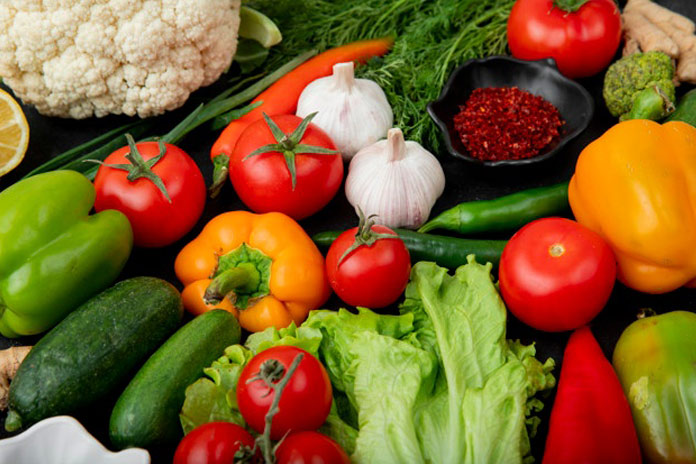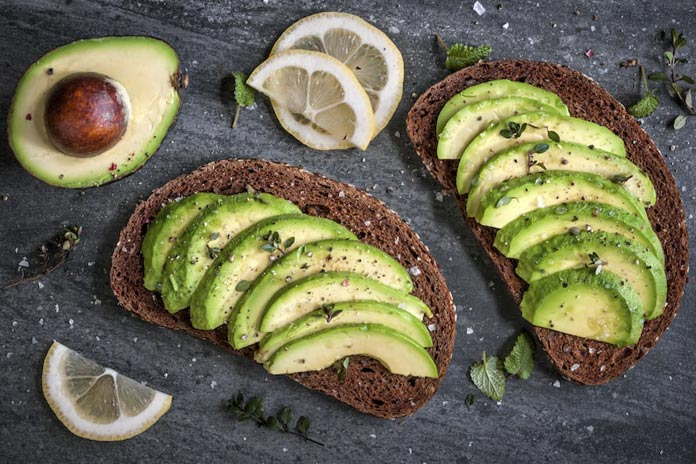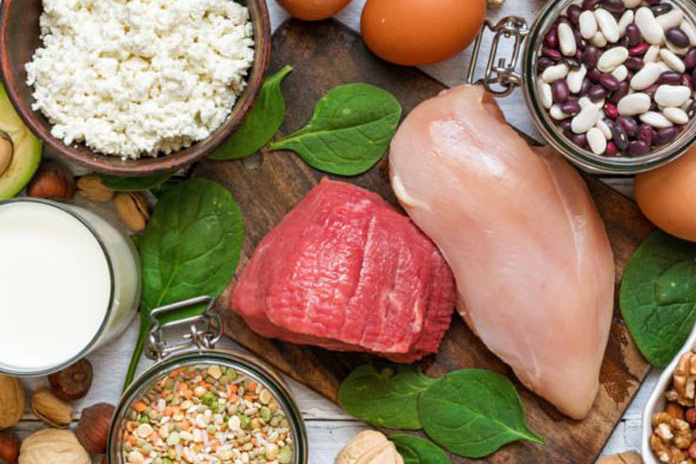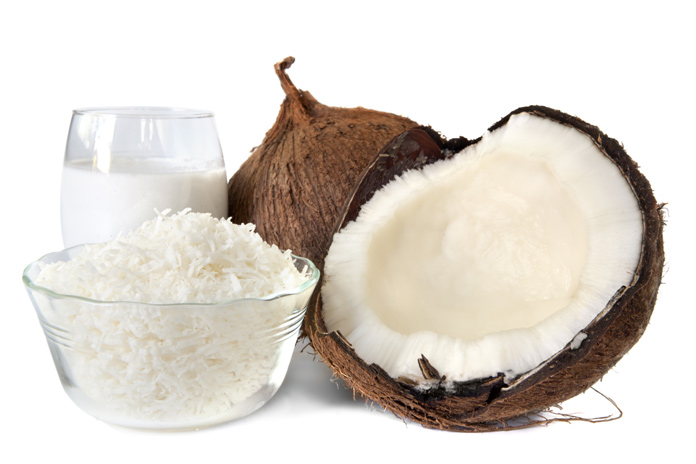During the cold winter months, the weather outside is horrible and the food inside is quite delicious. Experts have found that as the temperatures fall, our appetites grow and may even spin out of control. Research studies have shown that during winter months, the average person tends to gain at least 1 KG and those who are overweight gain far much more. Below are 10 key diet changes that you should make this winter according to nutritionists, to stay healthy and fit.
- Kale
Kale is a versatile and nutritious green that is packed with antioxidants, fibre, minerals, and vitamins. 67 grams or one cup of kale contains the daily recommended intake of Vitamins C, K, and A. It is also rich in magnesium, potassium, manganese, copper, calcium, and B vitamins.
Check out the recipe for dishes: click here
- Brussels Sprouts
This member of the nutrient-rich cruciferous vegetable family as well as Broccoli is a good source of vitamin K. Vitamin K is vital for heart and bone health and is also essential for brain function. Brussels sprouts are also rich in potassium, manganese, and Vitamins A, B, and C. These can be added to your porridge soups or curries this winter.
Check out the recipe for dishes: click here
- Cinnamon
It is nature’s revitalising herb and is rich in potent antioxidants that can help in digestion and boosting your metabolism.
Check out the recipe for dishes: click here
- Blueberries
They contain active antioxidants due to their high levels of anthocyanins. These antioxidants aid in reversing the damage caused by toxins by assisting the body in defending itself from dangerous pathogens.
- Bananas
During the winter, you may experience a drop in your mood due to low serotonin levels. The body produces serotonin (the ‘feel-good’ hormone) from tryptophan, which occurs naturally in bananas.
- Oily Fish
Our lungs are one of the most vulnerable parts of our bodies during the winter. With Omega-3, you can increase airflow and protect your lungs. Oily fish that are rich in omega-3 include mackerel, salmon, herring, anchovies and sardines.
Check out the recipe for dishes: click here
- Mushrooms
Mushrooms and particularly button mushrooms, are rich in Vitamin D – which helps in boosting our immunity. Additionally, mushrooms offer a broad range of vital nutrients such as selenium, phosphorus, copper, potassium and niacin.
Check out the recipe for dishes: click here
- Red Peppers
Bell peppers contain 3 times the vitamin C of an orange and are very effective. Vitamin C reduces tiredness and it also strengthens your immune system during winter. Red pepper also contains carotenoids and phytochemicals, which are a good source of antioxidants and offers anti-inflammatory benefits.
Check out the recipe for dishes: click here
- Carrots
Carrots are rich in beta-carotene, which the body converts into Vitamin A. Vitamin A is vital for proper growth and development, immune function and eye health. Carrots are also a good source of carotenoid antioxidants, which reduces your risk of chronic diseases.
Check out the recipe for dishes: click here
- Collard Greens
Its bitterness is linked to its high amount of calcium. Just 190 grams or one cup of cooked collards contains 27 percent of the daily recommended intake of calcium. Calcium is vital for nerve transmission, muscle contraction and bone health. Collard greens are also a good source of manganese, magnesium, iron, vitamins B and C.
Check out the recipe for dishes: click here














